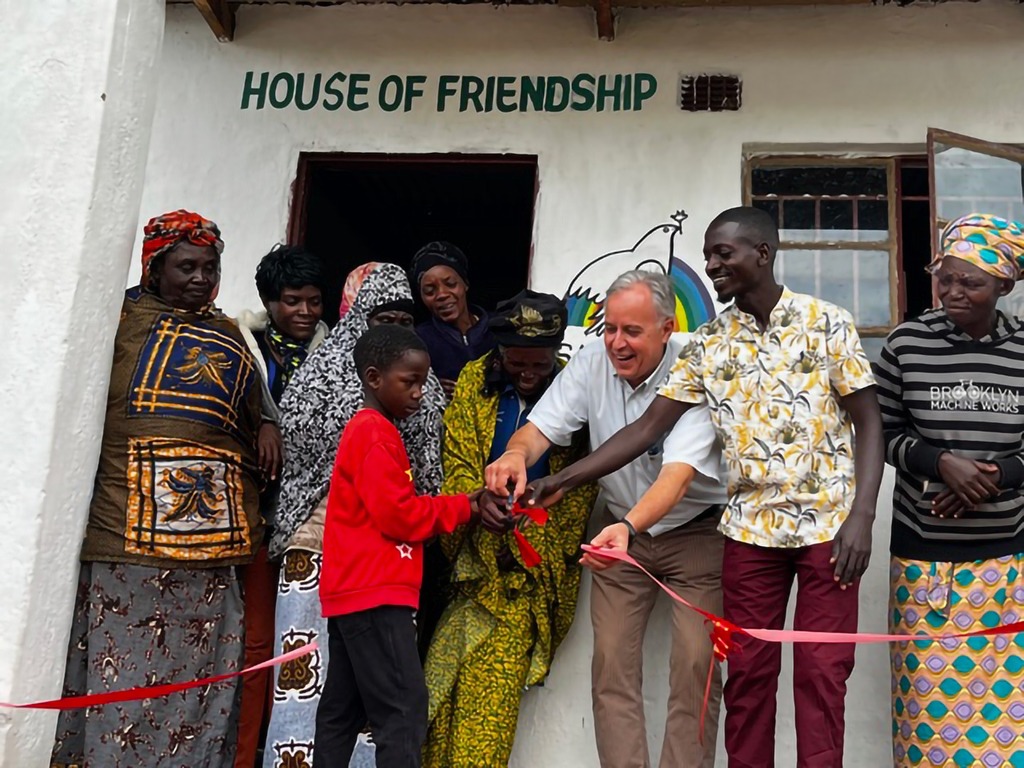Migrants in Europe are considered an emergency, actually most displaced persons and refugees find shelter close to their place of origin, in low- or middle-income countries. Europe is not migrants' preferred destination: the 46 least developed countries, almost all in Asia and Africa, host more than 20% of world refugees.
It has been estimated that in 2023 96% of the more than 40 million people forced to leave their homes in Africa would remain on the continent.
Malawi is no exception and, despite being one of the poorest states in the world (it ranks 160th according to the UNDP human development indicator), it is a refuge for many forced to flee.
In the Dzaleka refugee camp, on the outskirts of Lilongwe, refugees from the war in neighbouring Mozambique, then people from Rwanda and Burundi fleeing the genocide in the mid-1990s, have moved in and out over the past twenty years. More recently, the most refugees come from the Democratic Republic of Congo and the countries of the Horn of Africa.
Even some people who were part of the Community of Sant'Egidio were forced to leave their country, Congo, the Goma and Kivu regions and took refuge in Malawi. Once they arrived in the Dzaleka camp, they met and recognised each other, so they decided to start living again in the spirit of Sant'Egidio. They gather for prayer, they have set up a school of peace and a service to the elderly and the sick.
The refugees live in a kind of limbo, in endless expectation and hope that the long procedure for asylum recognition will have a positive outcome. The presence and friendship of Sant'Egidio represents a chance for them to live a meaningful life and to help others, and also to keep their faith in a better future alive.
However, the number of refugees in the Dzalaka camp has been growing year by year, and has now reached a record number of 50,000.
It is hard to imagine the daily life of these children, elderly, and adults who live waiting for something that never seems to arrive, meanwhile they struggle to learn the local language, or at least English, and to find a job to supplement the meagre food they receive in the camp.
The authorities are trying to encourage voluntary repatriation but many no longer have a home or a place to return to.
The elderly are the most vulnerable among the poor. They often have no family, and have to spend the last years of their life alone and in absolute poverty.
Sant'Egidio people who visit and help them are like a new family for them. When they can, they bring them something to eat. They help repair the huts and poor houses where they live because every year the thatched roofs have to be replaced and reinforced with cellophane sheets to prevent water from leaking in during the rainy season.
In February, the first home for elderly refugees was inaugurated and called the 'friendship house', it consists of two solid and cosy rooms made of brick.
It was a great event for the Dzaleka community, a sign of love and care for the elderly. It also received the appreciation of the camp authorities and the chaplain who blessed the new building.


















